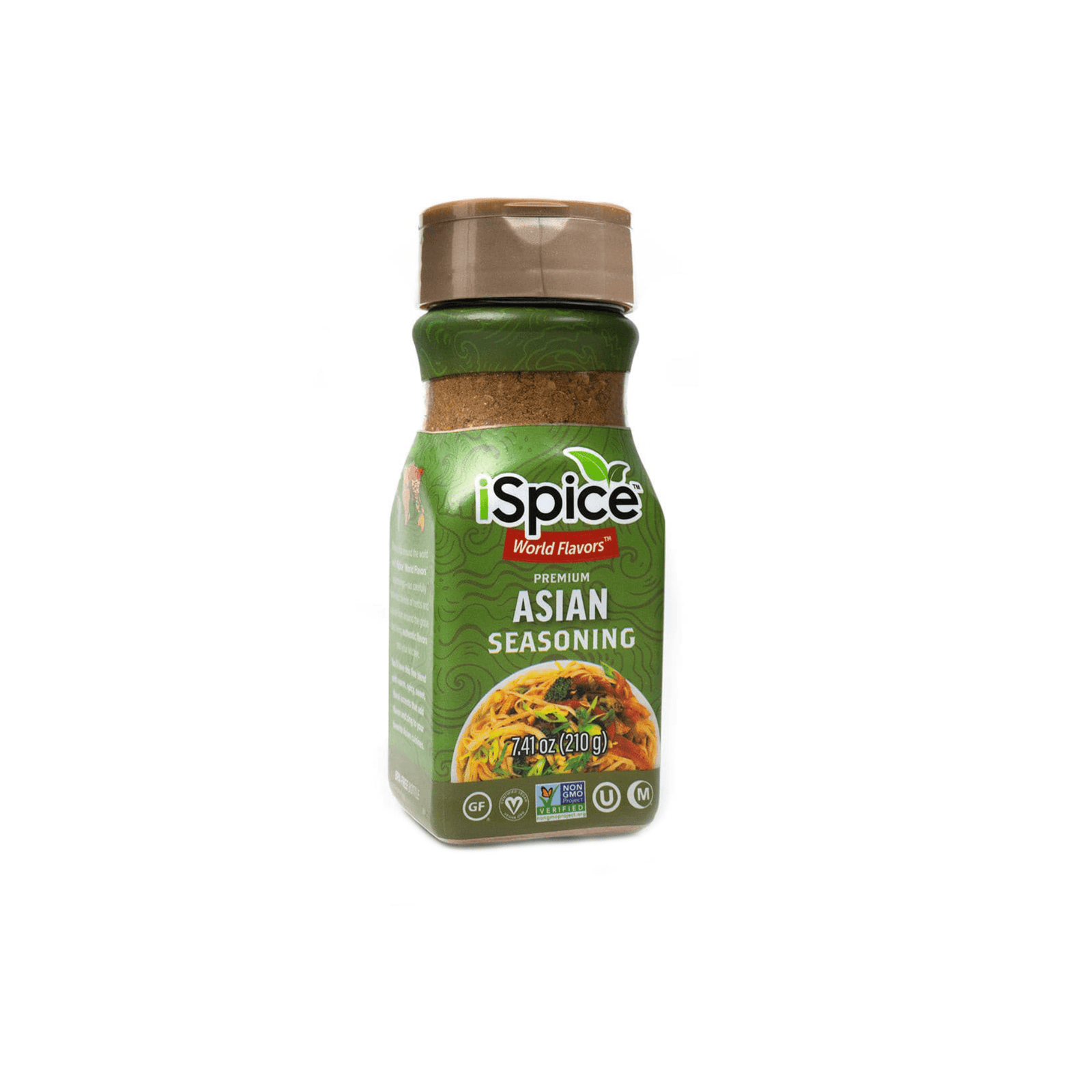
Many words can be used to describe the taste of an onion: strong, acidic, salty, spicy, bitter, sour. The sharp, powerful flavor and heat of an onion is unmistakable and tear-inducing, but it becomes mild and sweeter when cooked. Onions are alliums—members of a family that also includes garlic and chives—and add a baseline of sweet and earthy flavor to many cooked dishes, and a spicy accent when served raw.There are many varieties of onions: scallions; Vidalias; ramps; yellow, white and red onions; shallots; pearl onions; Cippolini onions; and leeks. All last a long time in storage, which is one reason they are such an important part of so many cuisines around the world and throughout history. And they’re available year-round. Spring/summer onions are sweeter and milder; fall/winter onions taste more pungent and are usually tastier when cooked.It is likely that onions were staples in the prehistoric diet, and most researchers agree that the onion has been cultivated for 5,000 years or more. Although the place and time of the onion’s origin is unknown, historic documents describe its importance as a food and its use in art, medicine and mummification.
Alert: While spices can have many beneficial properties for health, using them for medical purposes should be done under the guidance and supervision of a healthcare professional or specialist. Some spices may interact with medications or cause adverse reactions in certain individuals, and it is important to use them safely and appropriately. If you are considering using spices for a medical condition, it is important to consult with a healthcare professional before doing so.
| |
Benefits of OnionSome research suggests Onion may have the following benefits:
|




















































